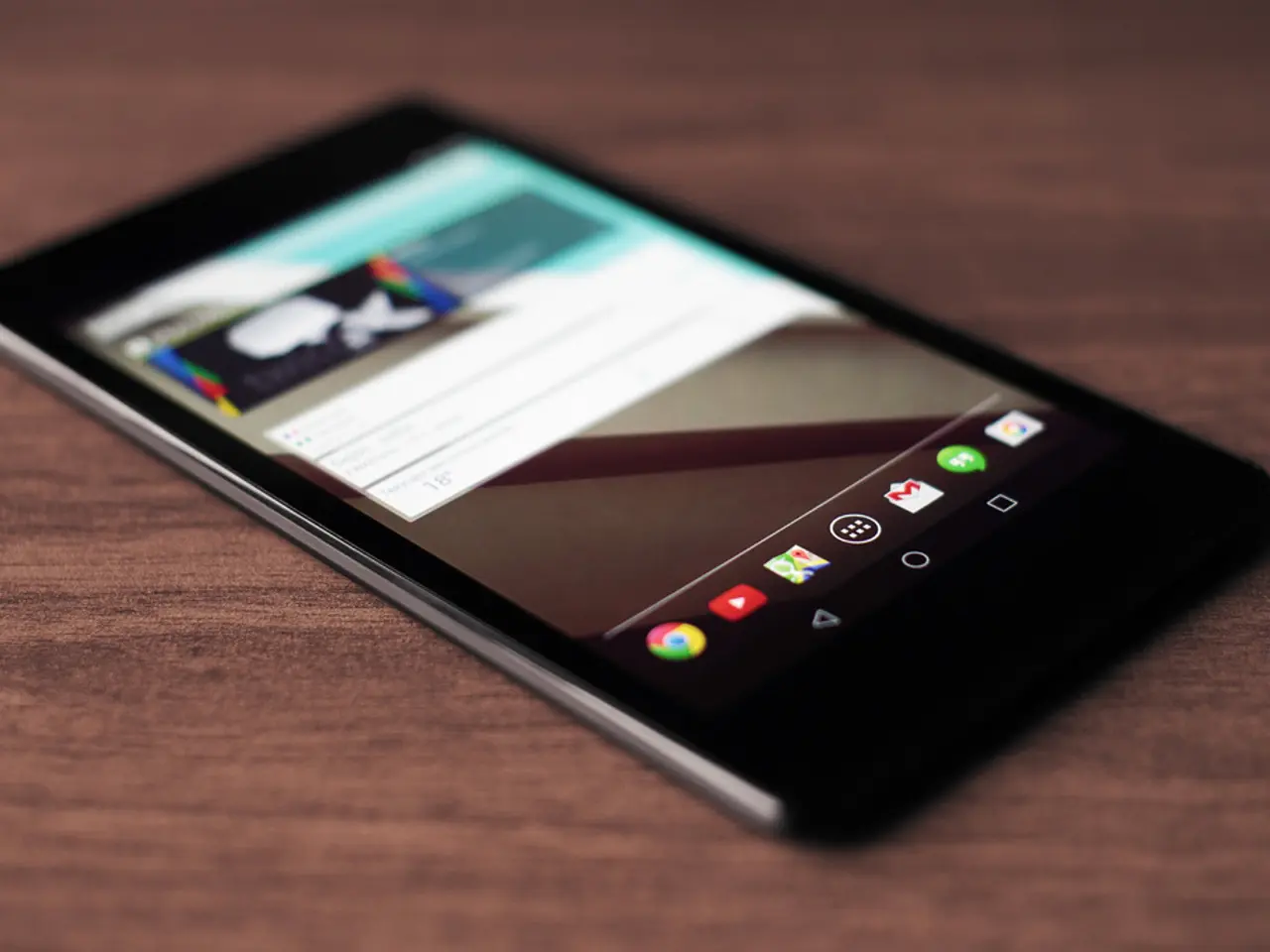China's Tech Restrictions on Nokia and Ericsson Raise Digital Sovereignty Concerns
Tensions in the global tech industry have escalated, with China tightening restrictions on foreign telecommunications giants Nokia and Ericsson. The move, seen as a response to Western countries' push against Chinese providers, raises concerns about digital sovereignty and could hinder innovation and increase infrastructure costs.
Both Nokia and Ericsson face expanded national security reviews and delays in procurement for network components in China. The Chinese measures are a response to Western countries pushing out Chinese providers from their networks due to national security concerns and potential espionage risks. The EU filed a complaint with the WTO against China in 2022 due to difficulties enforcing European patents. Countries including the United States, Australia, New Zealand, and several European NATO members such as Germany and Belgium have imposed similar stringent sanctions or restrictions against Huawei and ZTE in recent months.
In Germany, Huawei's critical components are to be removed from 5G networks by 2029. Chinese authorities are scrutinizing the global entry of critical components and compliance with local security standards, further complicating the situation for foreign companies.
The mutual restrictions raise questions about digital sovereignty and could hinder innovation and increase infrastructure costs. Nokia and Ericsson face similar challenges, with both companies' global competitiveness threatened by losing market share in China. Tensions in global technology competition are escalating, with warnings about cyber attacks and corruption investigations.
Read also:
- Government Updates: Key Points from Today's Press Information Bureau (12-09-2025)
- Hydrogen: Eco-friendly Alternative or Energy Imperialism Debate?
- Hydrogen: Environmentally Friendly Alternative or Energy Imperialism?
- Massachusetts Delays EV Rules; Maine Fines Solar Polluter; Vermont's Climate Action Stalls








